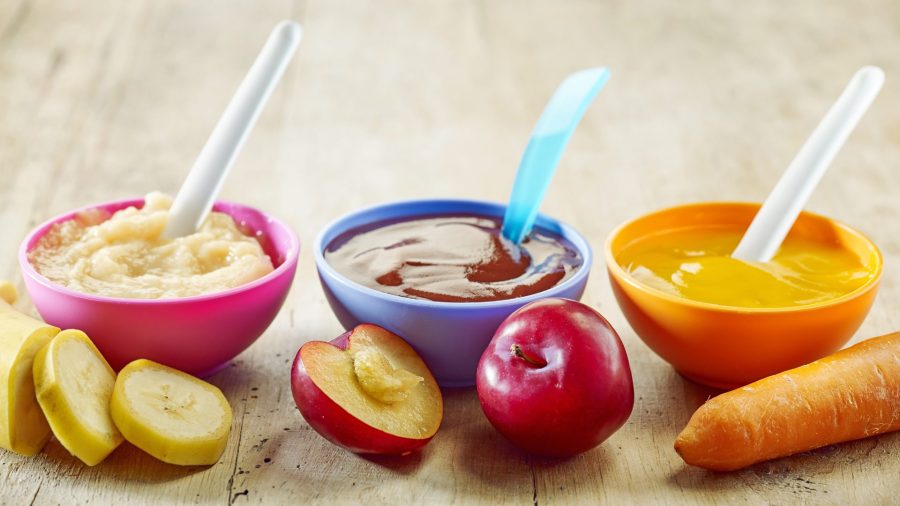The baby food market is predicted to grow at a CAGR of 6.1% and reach $53.9 billion in revenue by 2030, according to Research and Markets, amid rising concerns about infant nutrition and a surge of working women.
With that, market expansion has opened the door for unconventional trends in baby food.
MEAL DELIVERY FOR BABIES
One trend to look out for is meal delivery geared towards babies, Mary Wirtz, registered dietitian and consultant for parenting website Mom Loves Best, told The Food Institute.
“Meal delivery services for babies (and toddlers) is an increasingly popular service,” said Wirtz. “Many companies are offering this to help provide families with nutritious, well-balanced, often sustainable, and convenient food and meal options.”
Companies such as Tiny Organics and Little Spoon are among several brands that deliver infant meal kits directly to consumers’ doorsteps. Typically, these types of subscriptions include various food options to choose from, including purees, organic-only meal options, solid foods, and blended meals.
“Though these services come at a premium (cost-wise), many sleep-deprived parents find some relief in being able to savor the conveniences of this service,” added Wirtz.
BREAST MILK ALTERNATIVES
One of Bill Gates’ recent investments includes lab-grown breastmilk startup Biomilq. He recent backed the company in a $21 million Series A round, reported Green Queen (Oct. 20).
Earlier this year, Biomilq announced it had successfully farmed human breast milk outside the body using proprietary technology based on cellular agriculture. The company plans to launch the cell-cultured human breastmilk within the next four years.
Another company entering the category is Helaina, which uses precision fermentation to recreate immune-equivalent proteins previously only available in breast milk.
Recently having raised $20 million in Series A funding, the company will begin production of its first product utilizing bioactive proteins to deliver the first humanized infant formula.
“We’ve seen a lot of innovation and advancement in the alternative meat and dairy space, however, the infant formula category has been stagnant for decades,” said founder Laura Katz in a press release.
PLANT BASED
These days, there are plant-based versions of just about any food you can think of. And baby food is next.
Amara has raised $12 million for “nutrient-dense” plant-based baby food, reported AgFunder News (Nov. 19). These products are made using what Amara says is “a proprietary technology that locks in the taste, texture, and nutrients of fresh baby foods” without adding the usual sugars and preservatives typically found in such items.
Notably, because the products are all shelf-stable, they can be sold at a lower price point than other premium organic baby food products.











